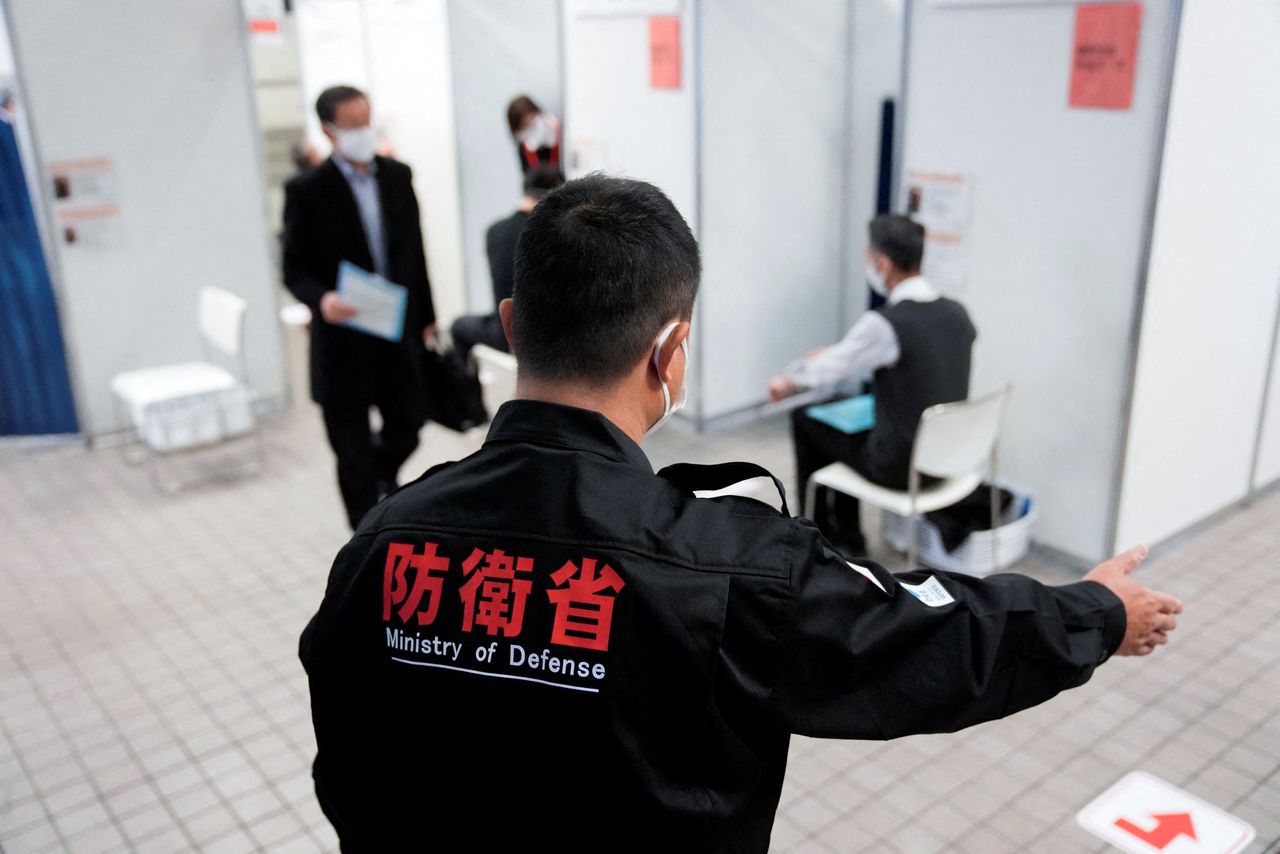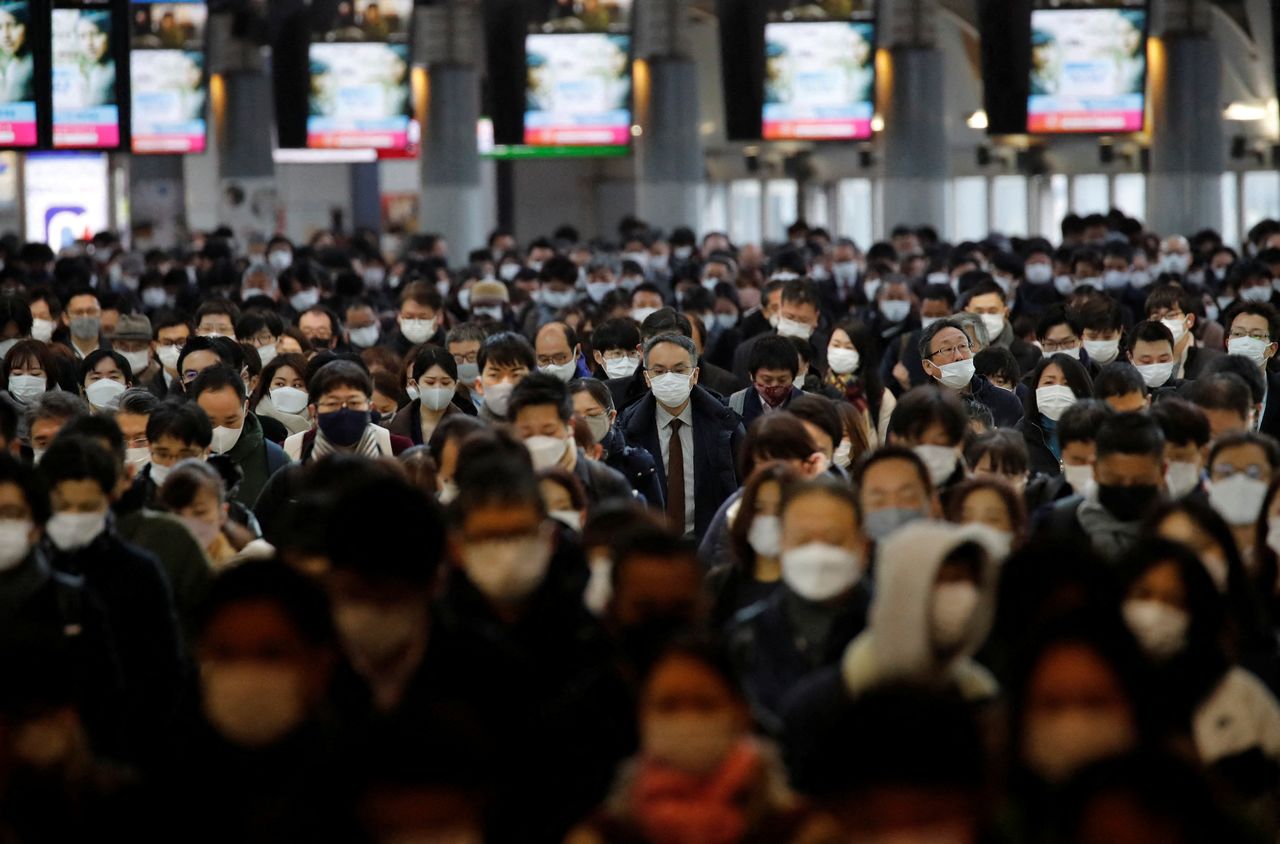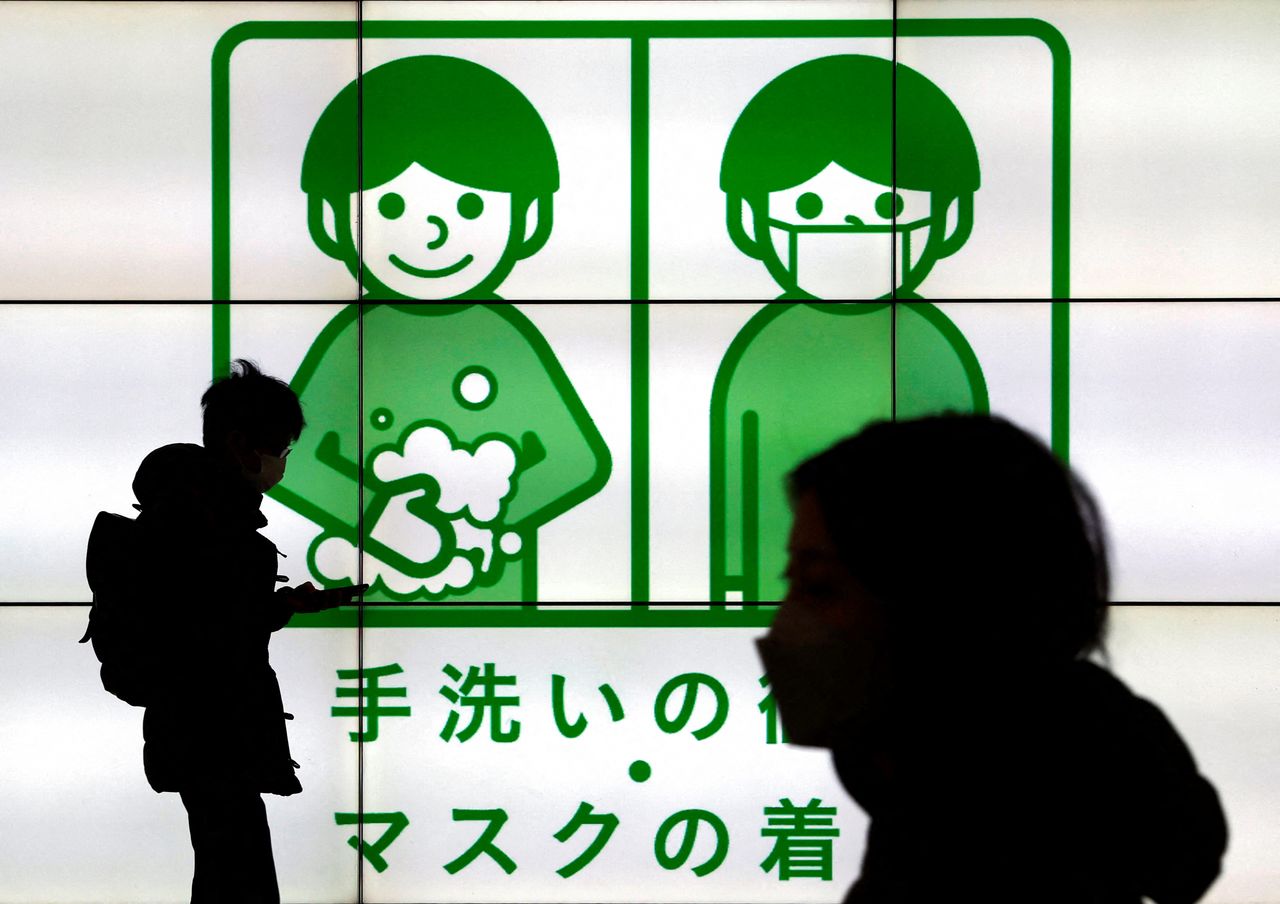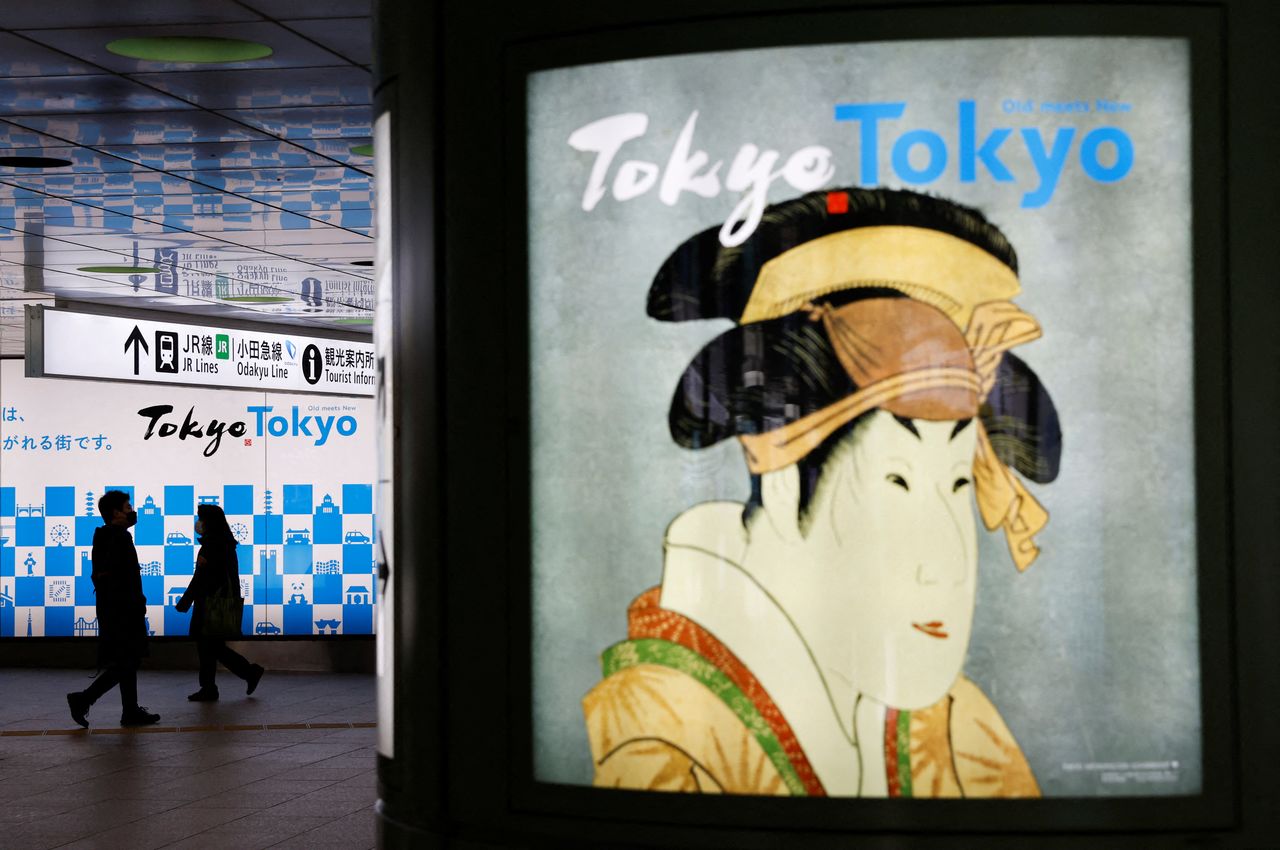Tokyo COVID hospitalisations mount, cross closely watched 50% threshold
Newsfrom Japan
Society Health- English
- 日本語
- 简体字
- 繁體字
- Français
- Español
- العربية
- Русский
TOKYO (Reuters) -More than half of Tokyo's hospital beds set aside for COVID-19 patients were occupied on Tuesday, a level that officials have previously flagged as a criterion for requesting a state of emergency.
The capital and most of Japan are now under curbs to contain record coronavirus cases driven by the contagious Omicron variant.
Tokyo has set aside almost 7,000 hospital beds for COVID patients, and admissions have risen sharply this month, reaching 50.7% on Tuesday. New infections numbered 14,445.
Governor Yuriko Koike had said 50% bed usage would be a threshold for requesting an emergency declaration from the central government.
But last week she told reporters such a request would not be automatic, and would also take into consideration the opinions of health experts and the number of serious cases.
On Monday, Japanese Prime Minister Fumio Kishida said the government was not currently considering declaring a state of emergency.
The current curbs empower regional governors to order restaurants and bars to shorten their business hours and stop serving alcohol.
A full state of emergency, not used in Japan since September last year, would involve stricter measures, such as fines for non-compliant businesses as well as attendance limits at sporting events and concerts.
(Reporting by Rocky Swift; Editing by Himani Sarkar and Raju Gopalakrishnan)

A staff of the Ministry of Defense guides local residents who received the booster shot of the Moderna coronavirus disease (COVID-19) vaccine at a mass vaccination center operated by Japanese Self-Defense Force, in Tokyo, Japan, January 31, 2022. Eugene Hoshiko/Pool via REUTERS

FILE PHOTO: Commuters wearing protective face masks, amid the coronavirus disease (COVID-19) pandemic, make their way at a train station in Tokyo, Japan, January 17 2022. REUTERS/Kim Kyung-Hoon

Passersby wearing protective face masks walk past in front of an electric screen displaying notice about COVID-19 safety measures, amid the coronavirus disease (COVID-19) pandemic, in Tokyo, Japan, February 1, 2022. REUTERS/Issei Kato

Passersby wearing protective face masks walk at a train station concourse, amid the coronavirus disease (COVID-19) pandemic, in Tokyo, Japan February 1, 2022. REUTERS/Issei Kato
(c) Copyright Thomson Reuters 2022. Click For Restrictions -
https://agency.reuters.com/en/copyright.html